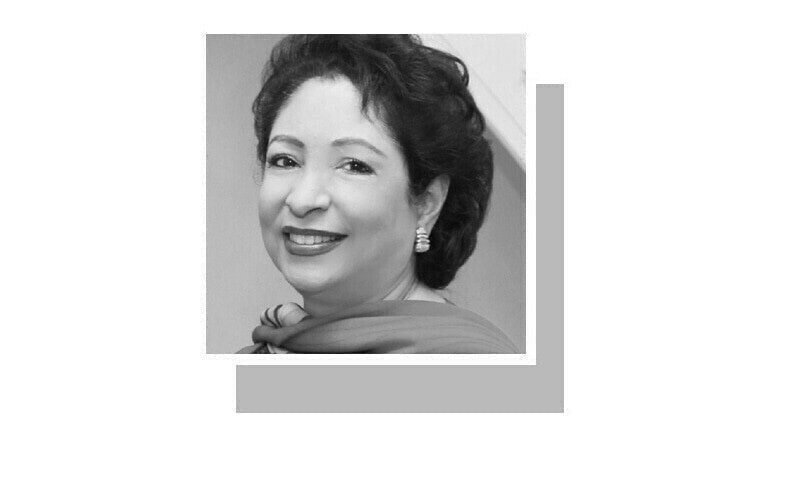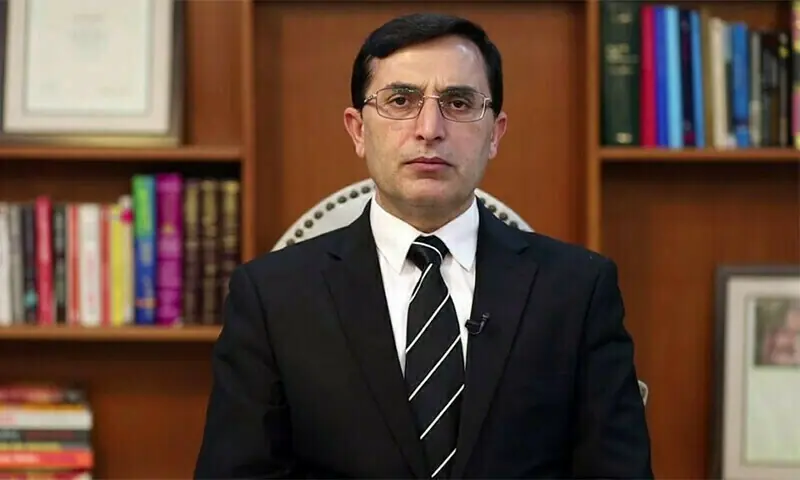THE world seems more unstable and unpredictable today than at any time since the end of the Cold War. Rising geopolitical tensions, wars in Ukraine and the Middle East, and uncertainties in the global risk environment make the international outlook problematic for the coming year.
The global order has been fragmenting for some time. Meanwhile, the shift toward a more multipolar world is accelerating, with Western dominance eroding and multilateral institutions coming under increasing pressure. Middle powers will play an increasing role in shaping geopolitics amid changing global power balances.
One of the biggest questions for 2025 is whether President-elect Donald Trump’s second term will unleash a more volatile period in global affairs. Some of his political plans promise to be detrimental to an already disordered world. Among the major geopolitical developments to watch will be how the United States under Trump deals with allies, adversaries and competitors. The future direction of US-China relations will continue to be the most important strategic dynamic in the coming year. Given Trump’s unpredictable and mercurial personality, China-US relations will see a further escalation of tensions or some sort of grand deal driven by Trump’s transactional approach.
However, his threat to impose higher tariffs on China, as well as other countries with trade surpluses with the United States, has led many experts to warn that a more intense global trade war will be among the main risks of 2025. The consultancy of London-based Control Risks predicts that next year “national security will be established as a guiding principle for international trade and investment.”
How far Washington goes in the trade protectionism advocated by Trump will have consequences for Sino-US relations as well as the global economy. However, major trading partners, especially China, are already working on how to make their strategies Trump-proof. The economistIn its annual publication ‘The world ahead in 2025’, it notes that Chinese companies are already expanding abroad to overcome trade barriers and access new markets in the Global South. A BlackRock assessment considers the acceleration of technological decoupling between the United States and China to be a high risk.
Next year we will see rising geopolitical tensions, challenges to the global economy and technological disruptions.
2025 will also determine how the wars in Ukraine and the Middle East will play out. Trump’s statements on Ukraine, suggesting a radical change in policy, appear to be making European governments nervous. Trump, who often claims he can end the war “in one day,” is expected to push Ukraine to negotiate with Russia. Although he has not offered any concrete plan to end the conflict, Trump may not be averse to a negotiated outcome that benefits Moscow, whereby Ukraine has to give up territory.
Trump has also repeatedly said he wants to end the war in the Middle East and secure a ceasefire in Gaza. While he has avoided giving details, this will almost certainly be on Israel’s terms. He has said the United States should stay out of Syria, but it is difficult to see how it can do so given the complex regional ramifications of regime change there.
Democracy will continue to be questioned around the world. The trends expected to continue from previous years are not encouraging: political polarization continues in many countries and politics is becoming increasingly fractured and volatile. The erosion or even disappearance of the middle ground and the weakening of the political center seem to have become a global phenomenon. This is closely associated with the rise of right-wing populism, which continues to spread across much of Europe and is evident elsewhere as well.
Democracy has declined in almost all regions of the world. This global trend of democratic erosion, recorded by many international organizations, is expected to persist, with increasing “autocratization” and a retreat in democratic rights and freedoms. The global think tanks that assess the health of democracy in the world are all quite pessimistic about the future. It is considered that political systems in general are not delivering results at a time of increased public expectations, magnified by social networks. Some global risk intelligence firms consider the risks of civil unrest to be high in most regions of the world.
One of the main risks for the coming year identified by Global Trade Review, an international trade publication, is what it calls “gray zone aggression,” that is, “a threat that is difficult to define but critical to recognize.” This includes disinformation campaigns, cyber attacks and proxy wars, all of which, it argues, “blur the lines between traditional conflict and peacetime operations.” These new forms of warfare are now ubiquitous and challenge States to develop the capacity and imagination to confront them. There is also the potential for “black swan” phenomena when sudden and unexpected geopolitical events with far-reaching consequences can transform existing power configurations and create new challenges.
Advances in generative artificial intelligence are another trend to watch in 2025. AI-powered tools in business, workplaces, entertainment, media, healthcare, and personal life will become even more common. They have already brought about significant transformations in these areas. But they have also ushered in an era of technological challenges, including cybersecurity. Military uses of AI pose another challenge.
British think tank Chatham House believes measures on global AI governance will receive greater attention in the coming year. He points to the AI Action Summit in Paris gathering in February of government representatives, tech companies, scientists and experts to discuss how to evolve “public interest” AI. Advanced technology, in addition to AI, has raised vexing questions about how to respond to its disruptive effects and the emergence of new vulnerabilities. A digitalized world faces challenges even as it opens up new opportunities in different fields, including the path to economic and social progress.
Next year we will see a world of geopolitical tensions and economic challenges that will test the resilience of nations, as well as the ability of the international community to develop collective responses to common problems.
The writer is a former ambassador to the United States, the United Kingdom and the UN.
Published in Dawn, December 30, 2024









